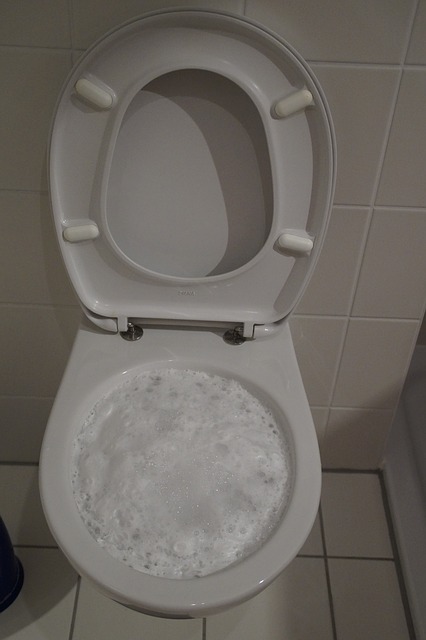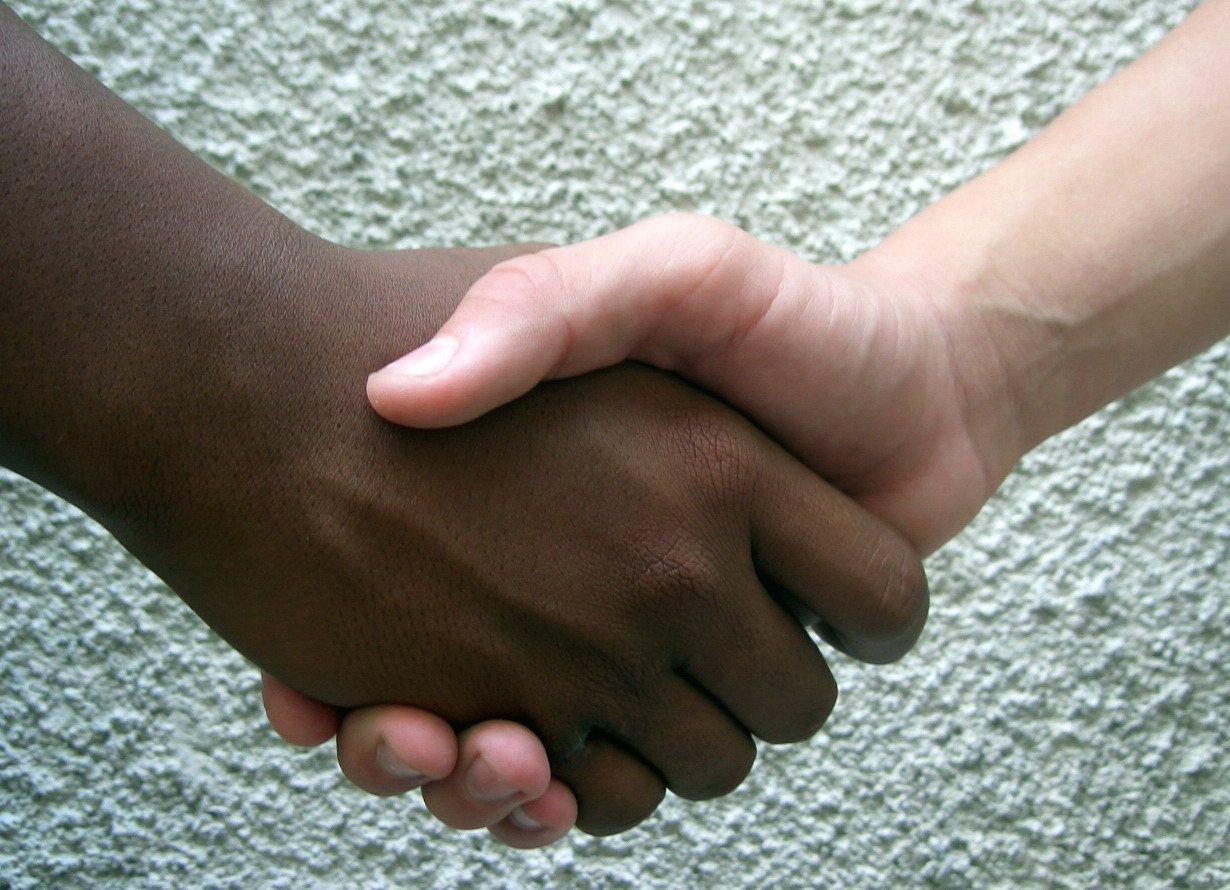Yesterday, I never loved my husband more while I simultaneously conjoined his name with words which were less than nice. I was scrubbing showers and toilets. That I don’t use.
I was nominated to clean our rental house following weeks (months!) of renovations. Drywall dust and mud everywhere. And do you know where handymen throw away their wrappers and trash while they’re working? Right there on the floor, where they are. They kept that confined to… the entire house.
After a small snafu with the vacuum and then the carpet cleaner I attempted to rent but cancelled, I mentioned to him that perhaps we could inform the new renters that if they rented the cleaner we would deduct it off the rent. My sister-in-law had come along to help touch up paint and she remarked about how much work we put into making the house move-in ready; her landlord was quick to let holes in the wall suffice and she had to do her own carpet cleaning.
But my good-hearted husband objected, from the comfort of his own couch. This is how we would want to be treated, Michele. Sigh.
So I spent the afternoon dumping and refilling buckets of soapy water as I scrubbed down the entire bathroom – which, notably, has both a tub AND a shower. The afternoon ticked by as several people stopped to look at the place. I heard their situations and took their applications. I recited the same schpeel about rent, what work we had done to the place, and lease agreements.
I returned to my scrubbing, considering the potential renters. One of them had a salary very similar to what we’re used to. To be honest, she probably made a tad more. I realized the differences between us and our renters were pretty small. How we each ended up on the opposite side of a rental agreement had less to do with what we did and more to do with the lives we were born into many years ago.
JJ was right. (Don’t tell him I said that.) Not just in the Golden Rule of it all or the ideal of being a good person. I internalized – and, as I always do, spiritualized – the act of scrubbing someone’s floor. This wasn’t just about “being a good landlord.”
All of a sudden I wanted to see the person who would soon be living in these quarters as a person. Not potential rent. Not in a lease agreement kind of way. Of course, those things exist. But the act of scrubbing a toilet that I neither soiled nor would sit upon became a tangible way of understanding this whole Kingdom of God thing.
It’s easy to be a servant on the mission trip. We’re quick to sign up on the form to bring in cookies or rock babies or join the program that volunteers at the shelter. Those things are wonderful and needed and you should sign up. But programs and activities weren’t the end goal of Jesus’ reorientation to servanthood.
Becoming someone who lives with “a conviction that a basic holiness permeates things and people”(see more) means more than checking a box on a sign up sheet and donating money. (Although, those things are nice. Do them.) We practice living that out in our down-to-earth lives.
For me, yesterday, it was cleaning a toilet.
I’m not out to revolutionize the way landlords offer housing. I know better. (And I’ve seen the way renters have left places…) And please don’t believe me to be pat-patting myself on the back for this one. I mopped 4 more rooms after considering all of this and I still didn’t like it. I didn’t want to clean the house. I didn’t “get to” serve in this way. And there’s a chance, upwards of 95%, that the future renters will neither notice nor care about the hours of hard work that went into making the home ready.
All of that is okay.
No one said the road to discipleship is easy and filled with fanfare.
The reward isn’t in being thanked or even acknowledged. The gift came in the form of humility, something in which I’m always in need of an extra dose. Realizing that I’m no better nor worse than another human being is a gift. Putting it into practice is often a challenge.
So I started with a toilet.

